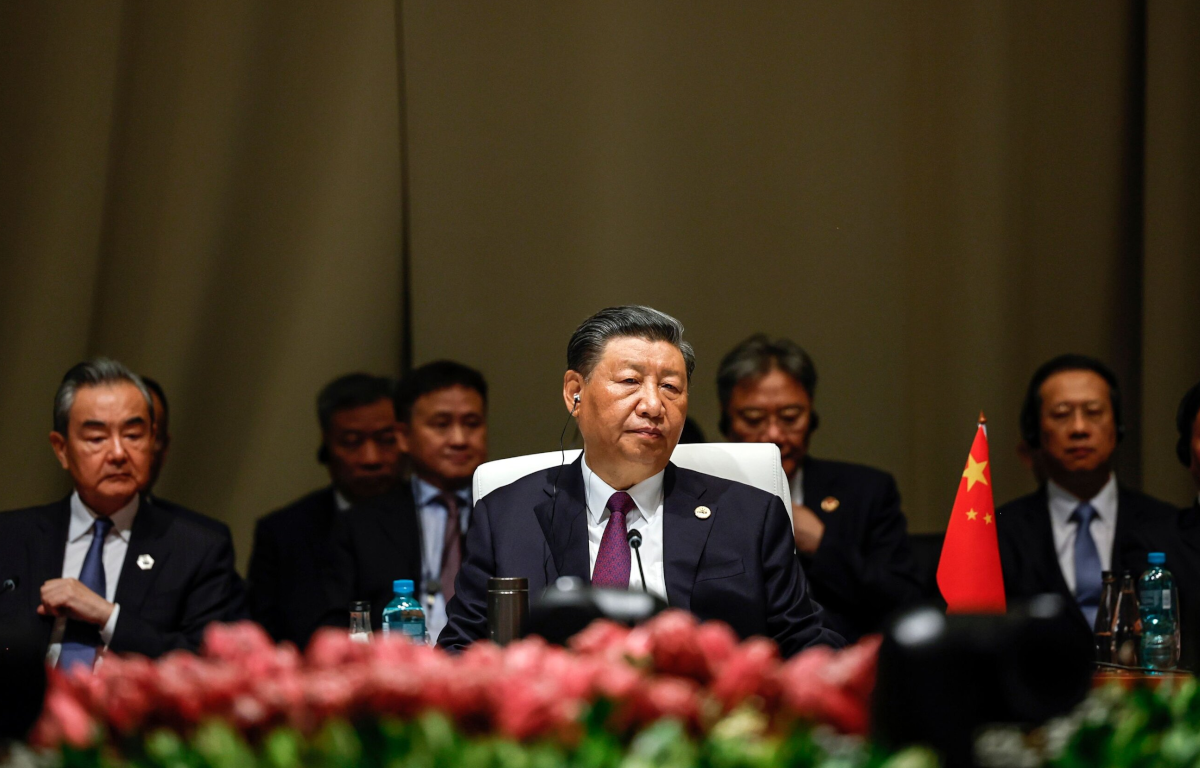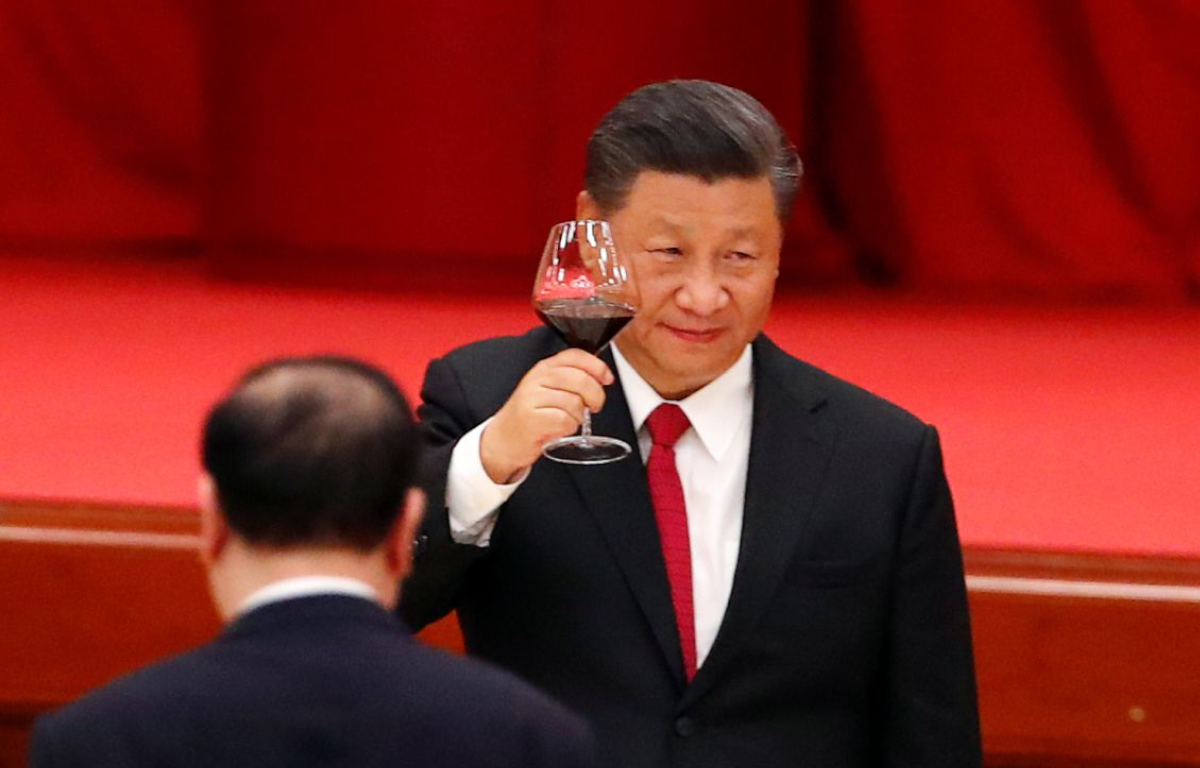
These actions have added fuel to an already complex relationship between the two global powers, raising concerns about escalating diplomatic and economic friction.
President Biden’s signing of the Taiwan Relations Reinforcement Act and the TikTok Transparency and Accountability Act has drawn strong reactions from Chinese officials. The Taiwan-related legislation reaffirms U.S. support for Taiwan’s security and international engagement, while the TikTok law focuses on transparency and data protection measures for users of Chinese-owned social media platforms.
China’s response to these actions has been characterized by hints of retaliation, with officials warning of potential consequences for U.S. companies operating in China and signaling a tougher stance on issues related to Taiwan and technology.
The Taiwan Relations Reinforcement Act, in particular, underscores the deepening ties between the United States and Taiwan, much to China’s displeasure. The legislation reaffirms the U.S. commitment to Taiwan’s defense capabilities, including arms sales and military cooperation, which Beijing views as interference in its internal affairs and a challenge to its One-China policy.
Additionally, the TikTok Transparency and Accountability Act reflects ongoing concerns in the United States about data privacy and national security risks associated with Chinese-owned technology platforms. The law aims to enhance oversight and transparency regarding the collection and handling of user data by companies like TikTok, which have faced scrutiny over data privacy issues.
China’s hints at retaliation come amid a broader context of strained relations between the two countries, marked by trade disputes, technology competition, human rights concerns, and geopolitical tensions. The Biden administration has adopted a firm but nuanced approach to China, balancing cooperation on certain global issues with assertiveness on areas of contention.
The prospect of retaliatory measures from China raises concerns for U.S. businesses operating in China and for global economic stability. The interconnectedness of the global economy means that actions taken by one major player can have ripple effects across industries and markets worldwide.
At the same time, the situation underscores the complexities of managing relations between major powers with divergent interests and ideologies. Both China and the United States face domestic pressures and strategic imperatives that shape their approaches to foreign policy and international relations.
Moving forward, managing tensions and finding areas of cooperation will be critical for maintaining stability and promoting mutual interests. Diplomatic channels, dialogue, and engagement will play essential roles in navigating the complexities of the China-U.S. relationship and addressing shared challenges on the global stage.
As China hints at retaliation and the United States stands firm on its policy objectives, the world watches closely to see how these dynamics unfold and what implications they may have for global politics, economics, and security in the months and years ahead.










Share this: